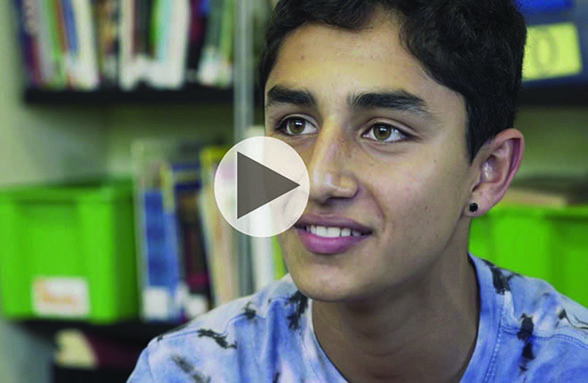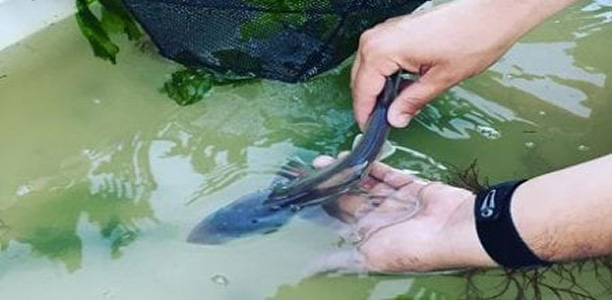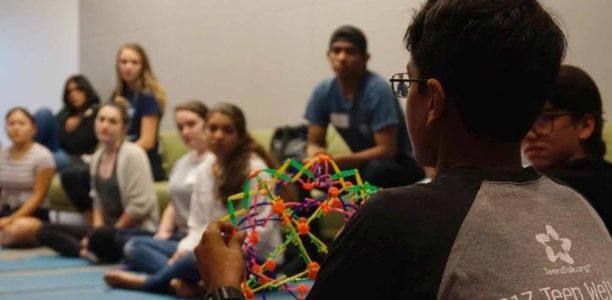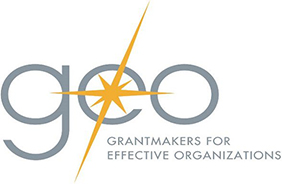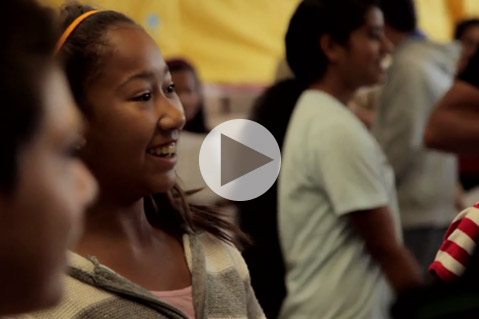Empowering Youth to Succeed
After-school and summer programs are critical to maintaining and advancing learning. Low-income students in our region are not always receiving all the support they need to succeed in school during the regular academic day. The Silicon Valley Out-of-School-Time Collaborative was comprised of three family foundation funders and nine local nonprofits. Together, we worked to develop and strengthen academic pathways beyond the standard school day for over 7,000 middle and high school students throughout Silicon Valley.
“All nine of the participating grantees have institutionalized new practices that they learned and built through the OSTC, allowing them to provide quality and effective programming.”
— LFA Group evaluation
As part of the Collaborative’s initial three-year charter, the funders provided $1.6 million in grants that enabled the organizations to build capacity, serving greater numbers of students with ever-stronger programming. The indicators are positive, with revenue up at all participating organizations, 23% more sites added and 57% more staff, allowing an additional 1,500 students to be served by college-bound programming.
From 2014-2016, the Collaborative turned its focus to embedding organizational practices that build character strengths in their youth, along with academic skills. Recent research suggests that non-cognitive skills — the strategies, attitudes, and behaviors youth use inside and outside of the classroom — are critical to young people’s success in school and the workplace. Commonly cited examples of non-cognitive skills include tenacity, optimism, self-control and grit. The funders provided $900,000 in grants for this second phase of collective work.
A culminating public learning forum entitled I Belong, I Can Improve, I Will Persist! Nurturing Social-Emotional Learning in Out-of-School-Time was held on November 10, 2016 in Redwood Shores, CA. Local Collaborative members and national field experts shared lessons learned on the ground, helpful tools and resources, and evaluation strategies related to social-emotional learning with youth.
Download conference resources and presentations here
Goals of the Collaborative in 2014-2016:
- To build the capacity of each participant organization to embed non-cognitive skill development protocols and activities into their programs, and strengthen associated evaluation systems.
- To create a learning community focused on quality of curriculum implementation and formative evaluation.
- To advance the field of after-school and summer academic services, collectively aspiring to demonstrate and share models for effectiveness with others both inside and outside our regional area.
Collaborative Partners 2010-2016
